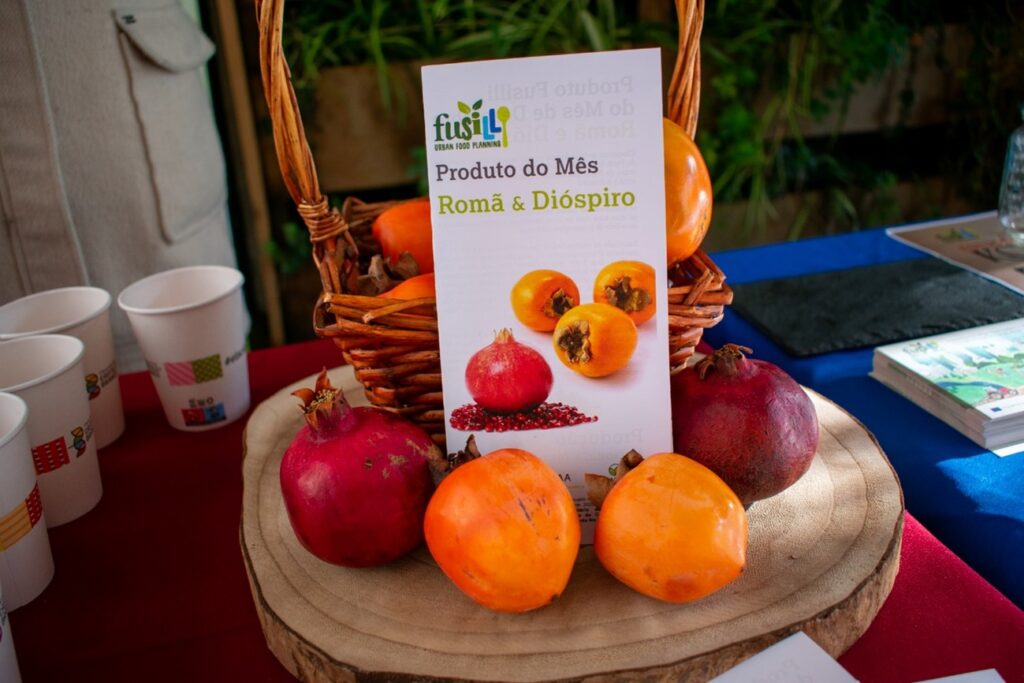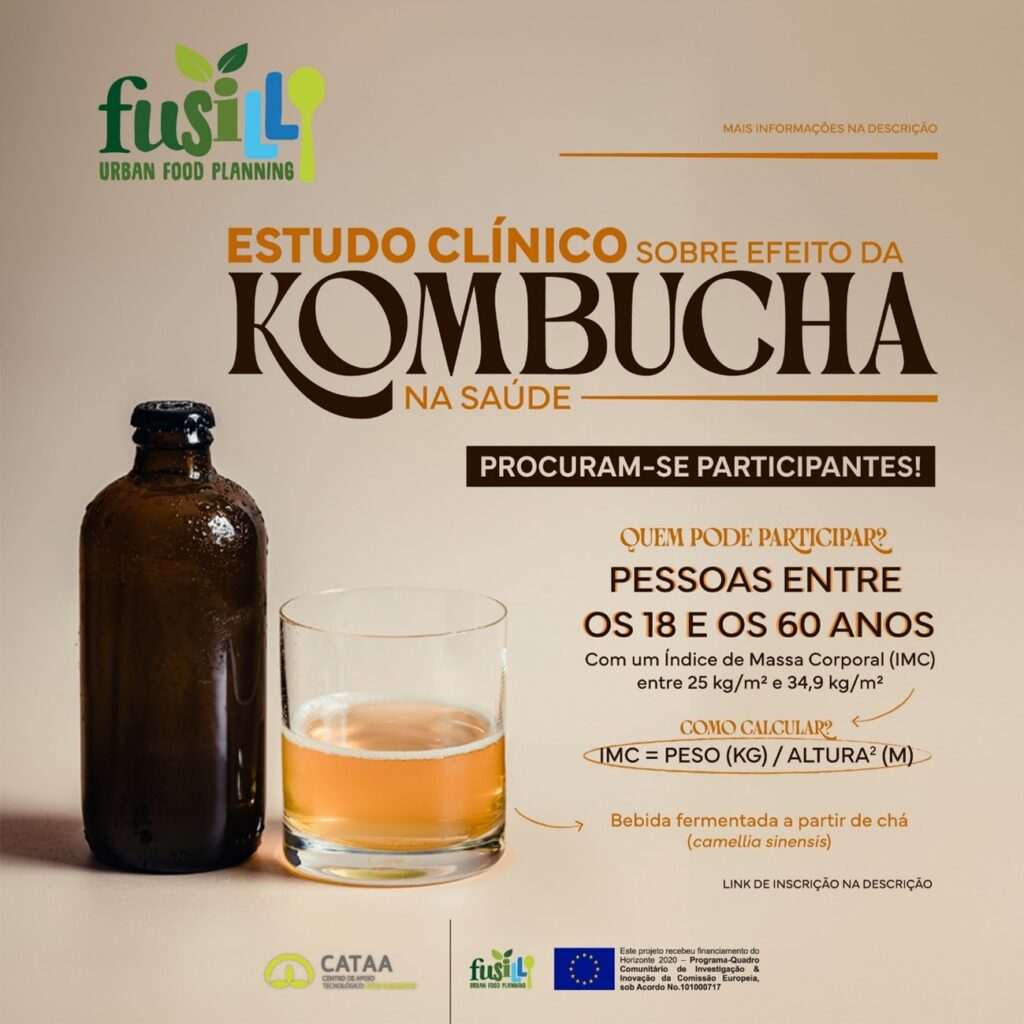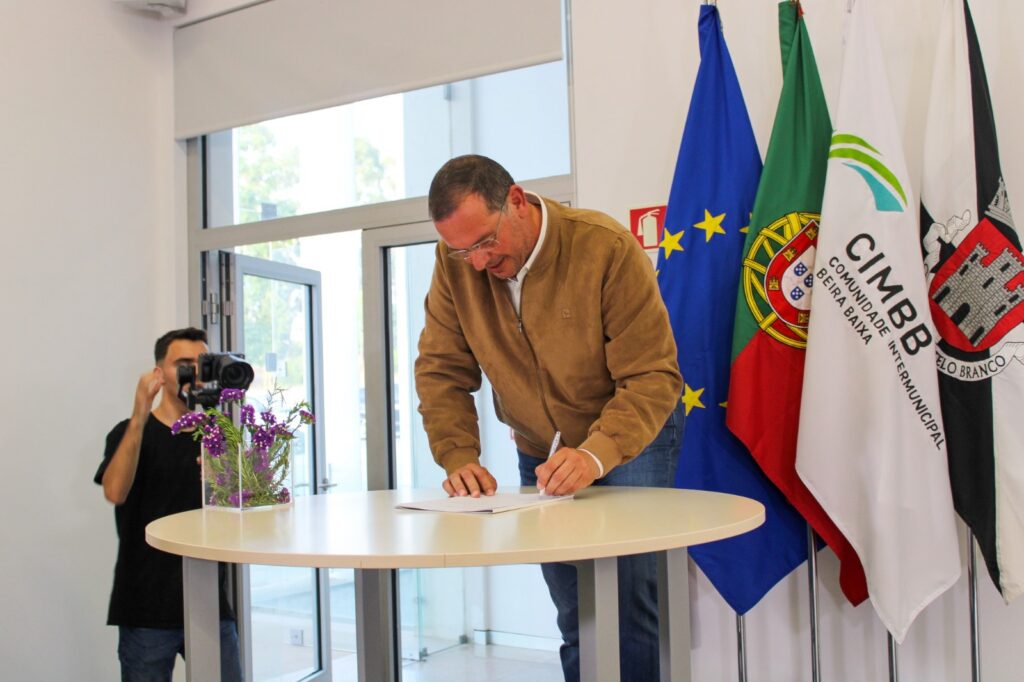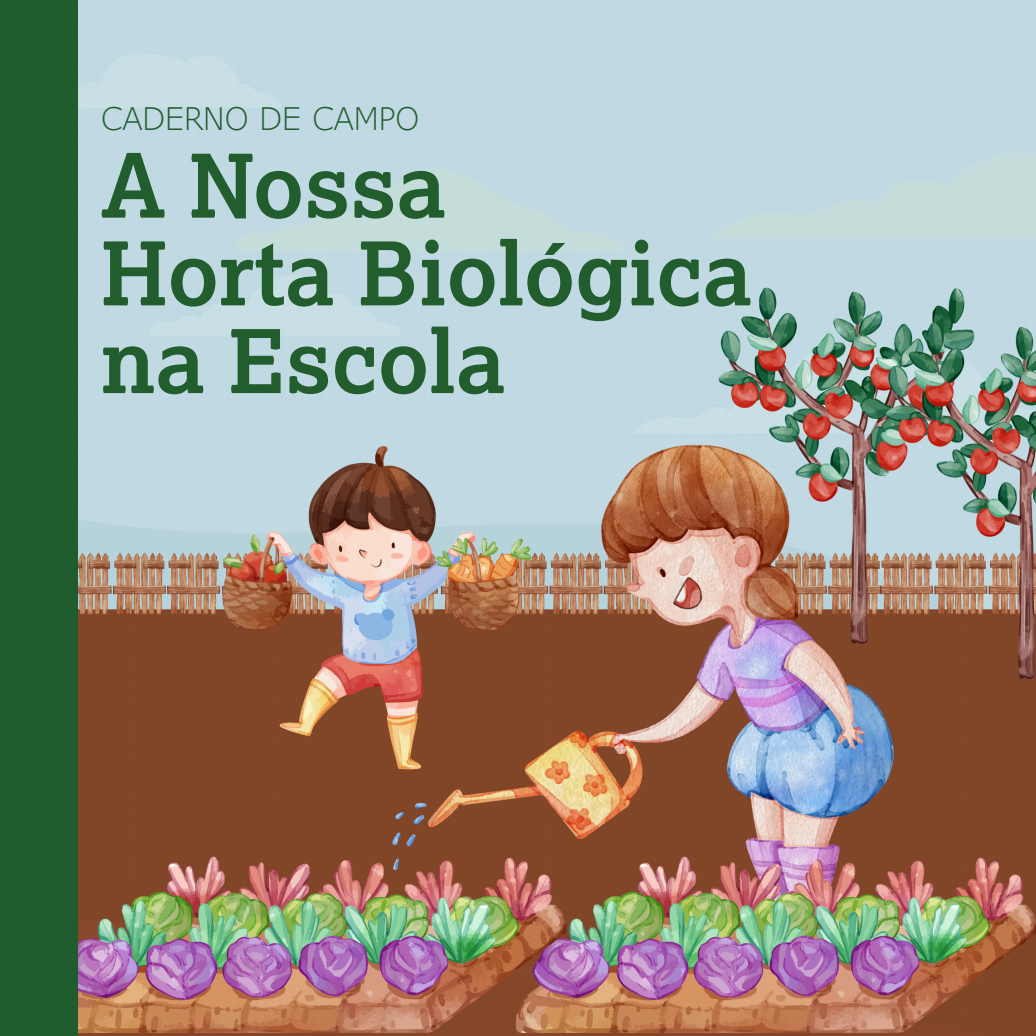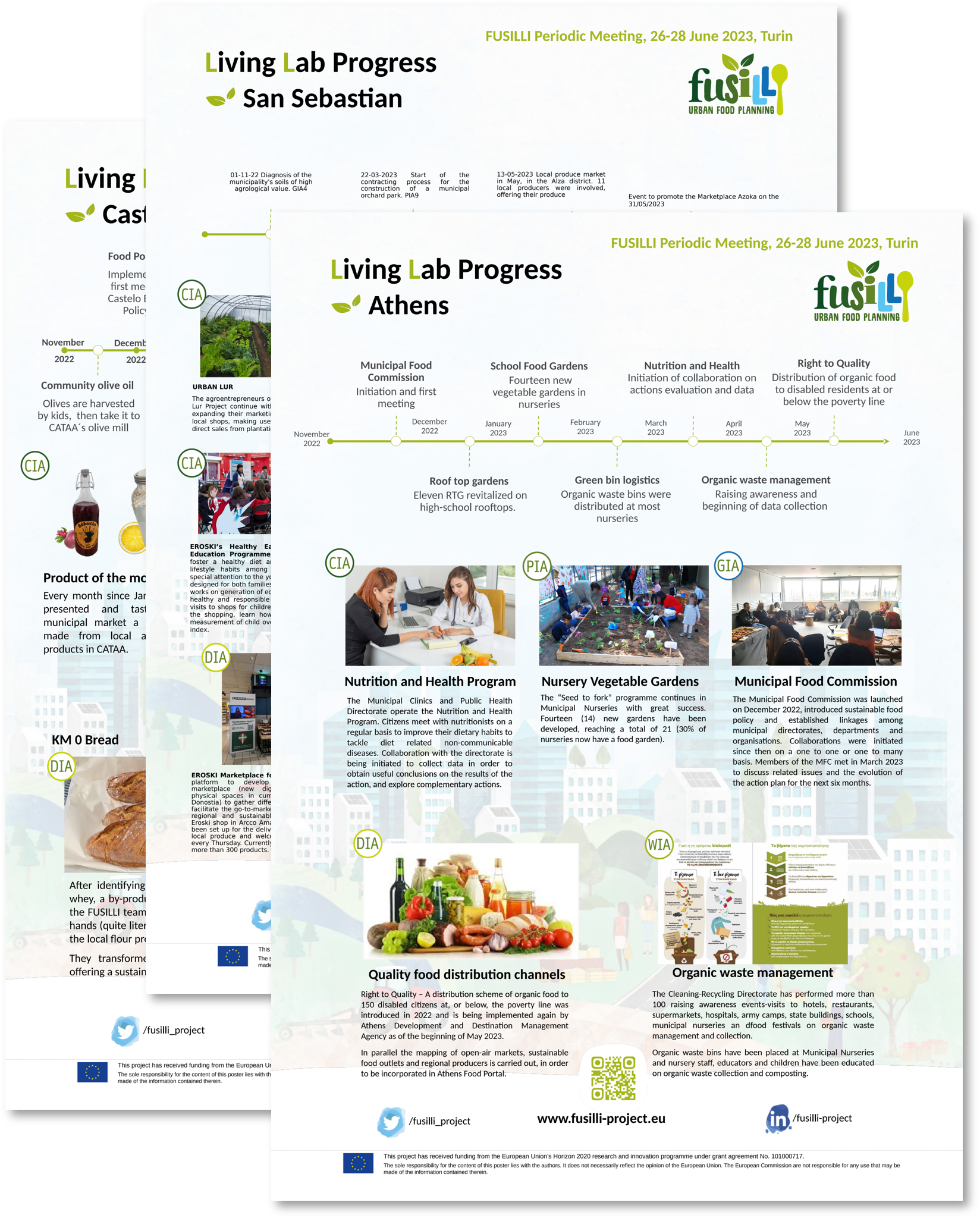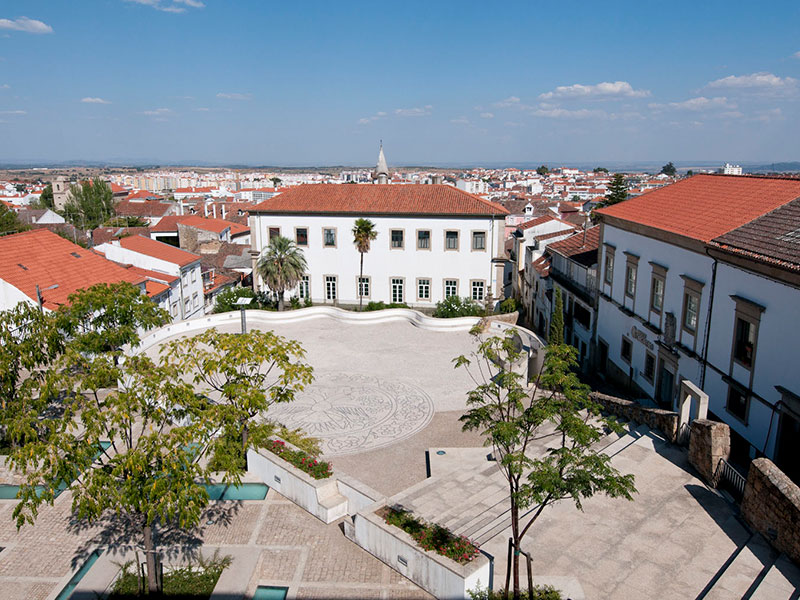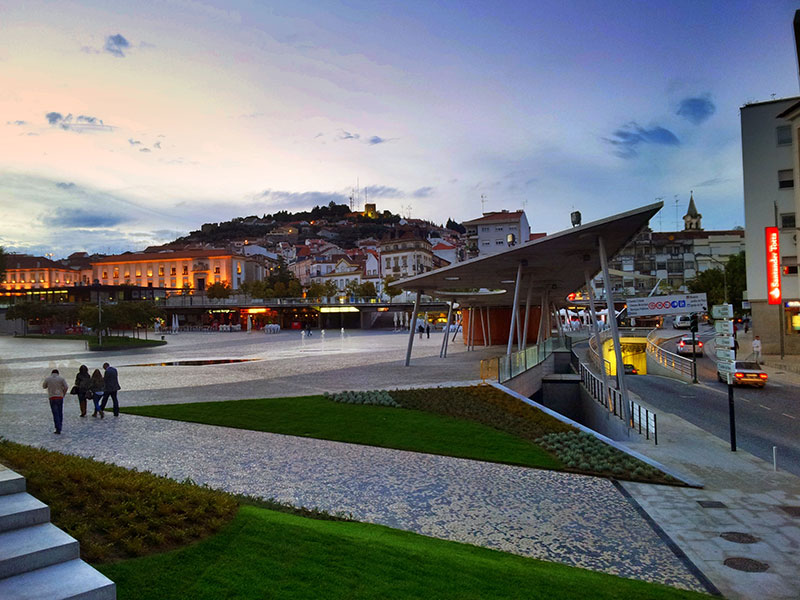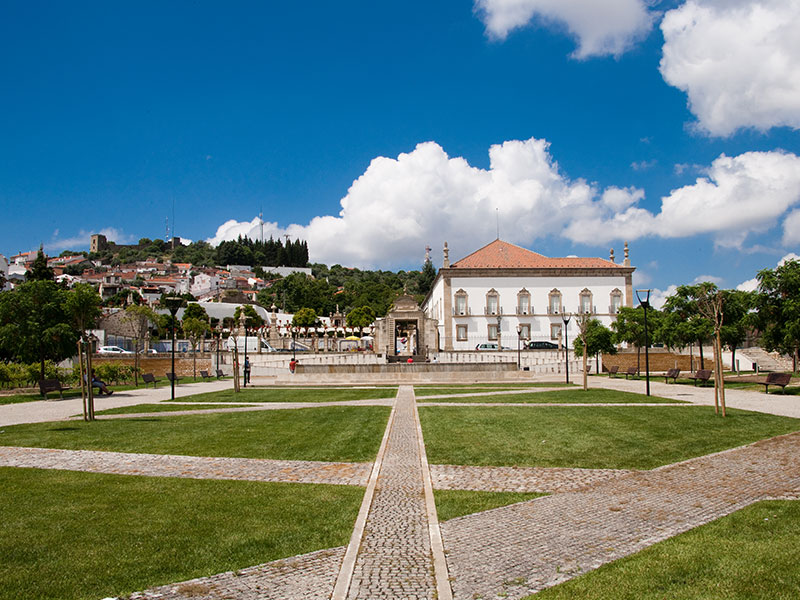Castelo Branco Living Lab Outcomes and Tools
The FUSILLI Castelo Branco Living Lab has developed various outcomes and tools over the 4 years of project life time between 2021-2024. These city specific Living Lab outcomes and tools can be found on this page
Castelo Branco's Food Action Plan
Read their complete Urban Food Action Plan
Summary - Urban Food Action Plan - English
Read Castelo Branco's Urban Food Action Plan in English
Summary - Urban Food Action Plan - Portuguese
Read Castelo Branco Urban Food Action Plan in the local language
Castelo Branco's Roadmap
See their complete LL Roadmap
Castelo Branco's Evaluation of Innovative Actions
See the evaluation of their implemented actions defined in the action plan
Castelo Branco is one of the largest municipalities in the country and capital of district in Central Portugal, with 35,000 inhabitants in its urban perimeter.
The city has gained prominence as it has become an administrative and economic pole of undeniable attractiveness for the Beira Interior region, and also because it has a strategic geographic location given its proximity to the Spanish border, and thus more closed to Europe.
Remarkably, Castelo Branco has managed to counter the tendency to depopulation of the inland rural areas, having successfully attracted population in recent years.
Enjoying exceptional conditions, Castelo Branco is referred to as one of the medium-sized cities in the country with the best quality of life, occupying an outstanding position in different rankings. The city, which has been the target of profound urban requalification interventions, is today a modern and pleasant city to live in, where past and present cohabit in a rare balance between history and modernity. Castelo Branco has a unique blend of urban and rural landscapes favoring an important Agrofood sector with multiple stakeholders: farmers, food-processing industries, Agrofood Research and Innovation Centres, College of Agriculture. The city offers the right conditions to both engage innovative food policies and practices and setting-up a living lab towards food-system transformation.
Main objectives and planned implementations
- Agri-art: Mural art created by artists using locally grown Agro Food products to enhance interest to these products.
- Farmers markets: Revitalise and reorganise the Municipal markets.
- Food packaging: Implement zero plastic in local commerce and the municipal markets.
- Food festivals: Promotion of local gastronomic fairs.
- Zero km Agriculture: Promotion of consumption of local food.
- Municipal Food Commission: Workgroup within the municipality involving the departments: social action, education, urbanism and environment.
- Urban Planning & Zoning: Defined areas for vertical gardens, identification of areas for new community gardens.
- Sign MUFPP: The Municipality commits to sign the Milan Urban Food Policy Pact.
- School food gardens: Creation and promotion of school gardens.
- Vertical urban farming: Urban plan to harbor vertical urban farming.
- Soil analysis & Restoration of degraded soil & Development of Smart Soils: Soil analysis to monitor potential toxic compounds in shared cultivation areas, workshops on how to avoid soil exhaustion and contamination.
- Water analysis & water treatment: Water analysis to monitor potential toxic compound, workshops on how to avoid and to treat contamination.
- Establish new pollinator insect populations: Implementation of vertical farming will help establish new pollinator insect populations like bees and butterflies.
- Organic waste collection and decentralised green bin composting: Campaign to distribute 1000 domestic food waste composters to local families.
Linked Third Parties
- CATAA – Agrofood Technology Center Association of Castelo Branco
- Innovcluster – Agroindustrial Cluster of the Portugal Center
Further Local Partners
- IPCB – Polytechnic Institute of Castelo Branco
- Agrupamentos de Escolas de Castelo Branco – School Groupings of Castelo Branco
- ULS – Local Health Unit
- AEBB – Beira Baixa Business Association
- ACICB – Beira Baixa Commercial and Business Association
- MELTAGUS – Beekeepers Association
- OVIBEIRA – Association of Sheep Producers
- Amato Lusitano Associação – Amato Lusitano Development Association
- CIMBB – Intermunicipal Community of Beira Baixa
- APABI – Association of Olive Oil Producers of Beira Interior
Links to FUSILLI pages in Portuguese
Contact
Pedro Moreira
Head of Planning
Promotion and Economic Development Unit of Castelo Branco Municipality
